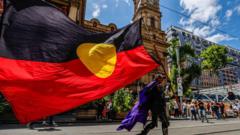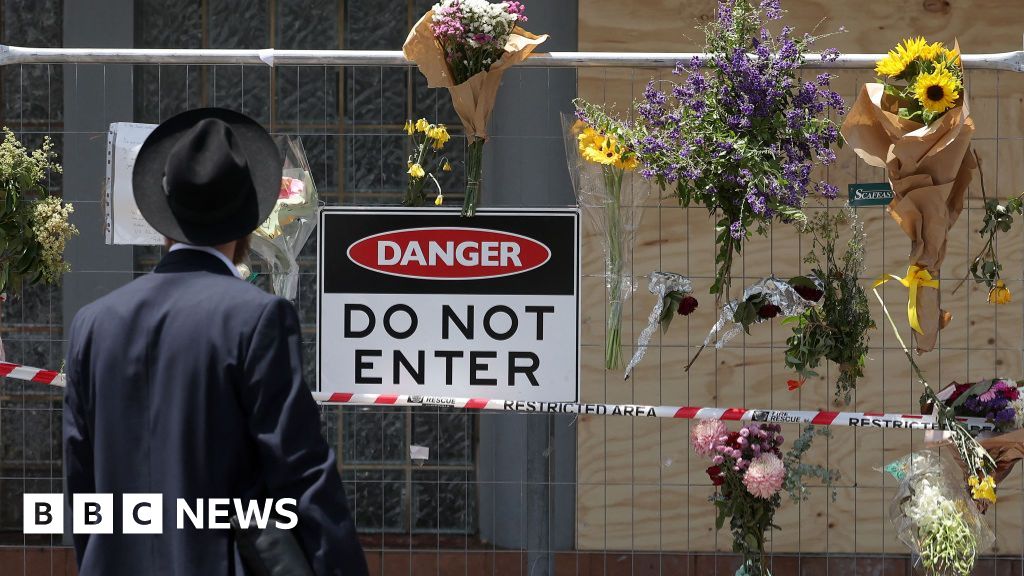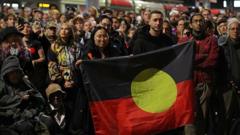In the lead-up to Australia's national election, the glaring absence of Indigenous issues from political discussions has left many feeling marginalized. Yarrabah, a small Indigenous community in Far North Queensland, reflects this silence; as Suzanne Andrews, health service chief, notes a lack of visits from political candidates or even campaign posters amidst strong socio-economic challenges faced by the community.
Despite making up 3.8% of the population, Indigenous Australians remain the most disadvantaged group in the country, often termed a "national shame". This election cycle, both Prime Minister Anthony Albanese and Opposition leader Peter Dutton have largely avoided discussing Aboriginal issues, with Dutton's remarks on "overdone" welcome ceremonies marking a rare foray that sparked backlash instead of constructive dialogue.
The fallout from the recent failed referendum to establish a Voice to Parliament, which saw 60% rejection from voters, seems to have deterred politicians from addressing First Nations matters, viewed as politically risky. Experts argue this silence marks a regression to a norm seen in previous elections, where Indigenous affairs were treated as secondary concerns.
Independent senator Lidia Thorpe criticized the lack of mention of Indigenous issues this election, asserting that it could have been an opportunity to unite the nation around a full acknowledgment of injustices faced by Aboriginal people. With government strategies aimed at "Closing the Gap" showing little effective progress, advocates fear that the current political landscape minimizes essential discussions.
As reported incidents of racism surged during the referendum campaign, many Indigenous community members are now choosing to withdraw from public discourse, feeling alienated by the toxic debate that unfolded. This disconnection calls into question the trust in political leaders to prioritize Indigenous voices in future dialogues—a sentiment echoed by Millima May, who hopes for true inclusion in decision-making processes for First Nations people. In contrast to the anticipated election season buzz, Yarrabah community members are left with a profound sense of silence.




















